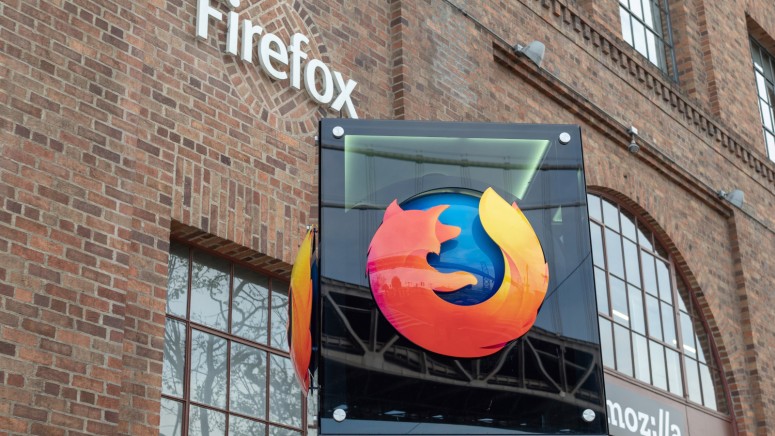
Mozilla Lays Off 250 Employees and Changes Business Focus
- Mozilla had to let 250 engineers go, most of whom worked on the threat management and Servo teams.
- The internet company has to change focus to revenue-generating products and abandon the “free for all” model.
- There’s an imminent deal renewal with Google Search, but not seeing it arrive could cause even greater trouble.
The COVID-19 situation has forced many companies to re-evaluate their business plans, and it looks like Mozilla is one of them. As a blog post on the official portal explains, Mozilla’s previous business plans are no longer viable, so the company has to adjust to a new reality.
Unfortunately, 250 employees aren’t part of the new plan forward, so they are being laid off. Also, another 60 people will now change teams, and the operations in Taipei, Taiwan, will be wrapped up. This comes in addition to the 70 employees that were laid off in January 2020, when Mozilla was waiting for its products to begin generating revenue.
According to internal sources who spoke to ZDNet’s C. Cimpanu, most of the people who were shown the exit were working on the threat management and the Servo engine teams in Mozilla. This could mean that handling security reports and performing incident response may suffer, but the restructuring could cover any big gaps left from this.
A Mozilla spokesperson assured the community that the team working on fixing security bugs on products like the Firefox browser was left untouched, so there’s nothing to worry about.
https://twitter.com/campuscodi/status/1293468229994676224
Mozilla wants this move not to be another inevitable step towards the edge, but rather a move to a different business direction. They want to move forward as a leaner firm, acting nimbly, being free to experiment more, quicker to adjust, and more open to joining alliances.
Most notably, the firm wants to abandon the “everything is free” model and explore business opportunities that will enable them to thrive. Mozilla wants to do this without sacrificing its core values, which remain the promotion of open internet, undeterred online access, user security, and privacy, cherishing and curating the community, and treating the net as a public resource.
What Mozilla is basically saying here is that they want to focus more on things that can make them money while not sacrificing the brand’s ethical advantage. A commercial product like the “Mozilla VPN” that launched in June is one example, with Pocket and Hubs also mentioned in the internal memo.
The “elephant in the room,” though, is Mozilla’s deal with Google Search, which puts the engine as the default option on the Firefox browser for an amount that accounts for 90% of Mozilla’s revenue. This deal hasn’t been renewed yet, and with the Firefox market share diminishing, Mozilla is no longer in a strong negotiating position.






